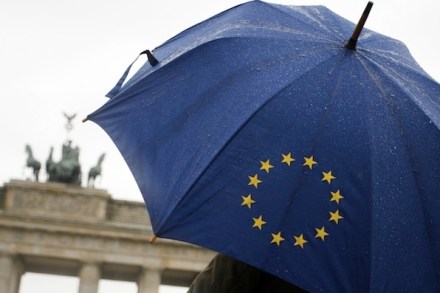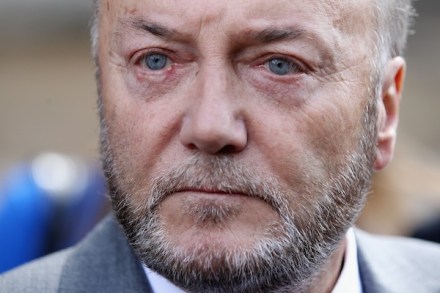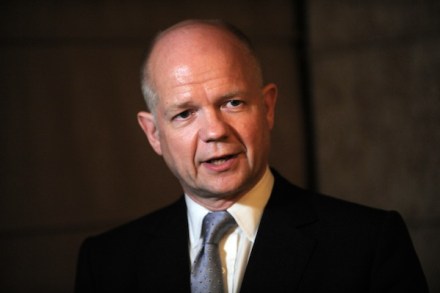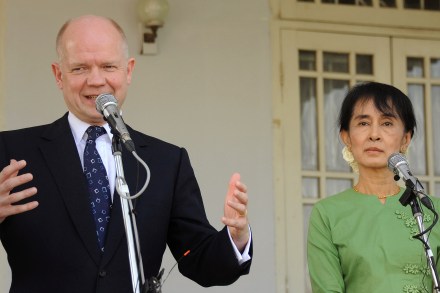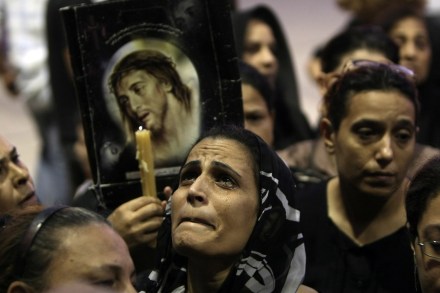Why does Britain’s fight for religious freedom stop at Dover?
‘We don’t do God,’ was Alastair Campbell’s put-down when his charge, Tony Blair, was tempted to raise the issue of his faith. Unfortunately, it seems to have become the motto of David Cameron’s government. It is a month now since 276 girls were kidnapped from a school near the town of Chibok in northern Nigeria, and still the Foreign Office’s statements on the crisis read like a deliberate exercise in missing the point. ‘Continuing murders and abductions of schoolchildren, particularly girls in Nigeria by Boko Haram, are a stark reminder of the threat faced by women and girls in conflict-prone areas,’ Mark Simmonds, minister for Africa, said this week. ‘Young





